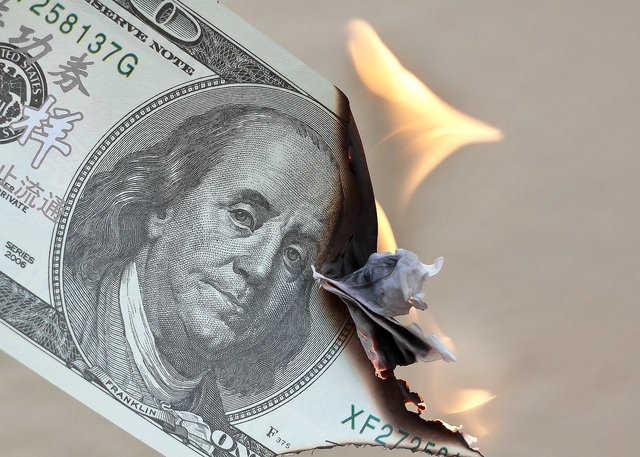Inflation doesn't stop, but wages do
Hello Project HOPE friends, good day everyone. Today I want to talk about something that we've probably all felt in our wallets, but that is rarely mentioned with the seriousness it deserves: the fact that inflation continues to rise much more than wages.
In Colombia, for example, so far this year inflation is already approaching 5%, and the most alarming thing of all is that one of the main drivers of this increase is the rise in food prices, something that affects everyone without distinction, especially those who earn the least. Because if the price of a cell phone or an appliance goes up, that's not something you buy every day, but if meat, rice, or eggs go up, that really weighs heavily, because it's what you consume every day.

The most worrying thing is that wages don't have the same dynamic. Workers get a pay raise once a year, and that increase, in most cases, doesn't even match the percentage of inflation that accumulates during the year. In other words, each year we actually earn less, even if the number on paper seems higher.
This is called a loss of purchasing power, and it's something we experience firsthand: you go to the supermarket and with the same amount of money you buy less, much less. I think we've all experienced this. Inflation is truly a hidden tax...

And of course, there are those who say this is normal, that inflation is part of the economic system and can't be completely avoided. But what isn't normal is that there isn't a mechanism that forces things to balance, that wages grow at the same rate. Because otherwise, we're always running behind, trying to catch up with ever-rising prices, and that creates unrest, poverty, and inequality.
I know it's not easy to find an immediate solution, but we should at least talk about this more, because while a few benefit from rising prices, the majority simply survive. And in a country like ours, that should matter more. Thanks for reading, have a nice day.

